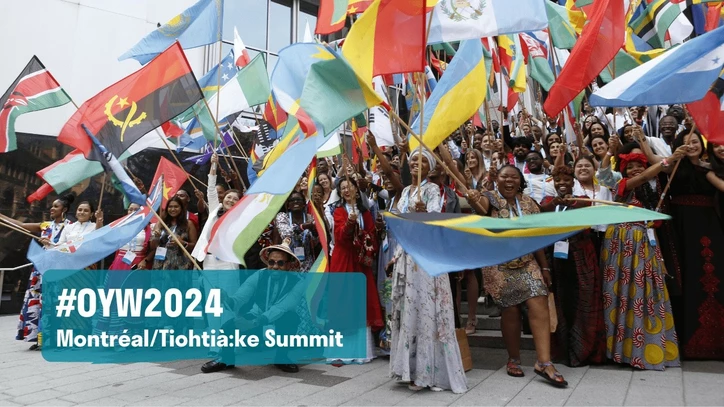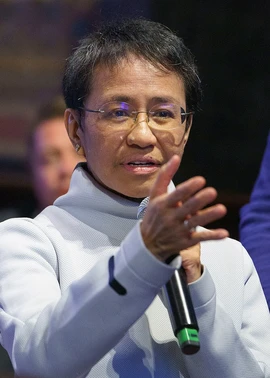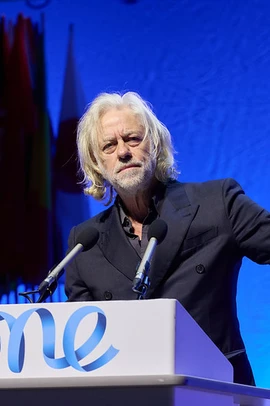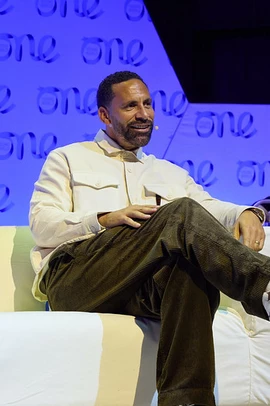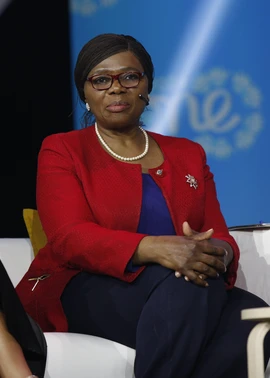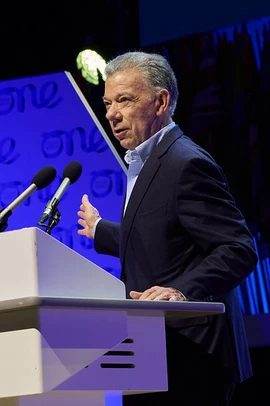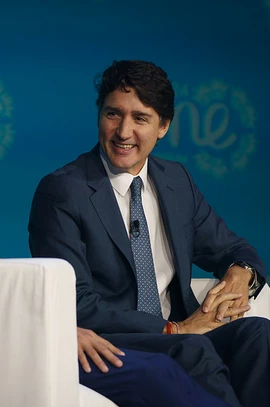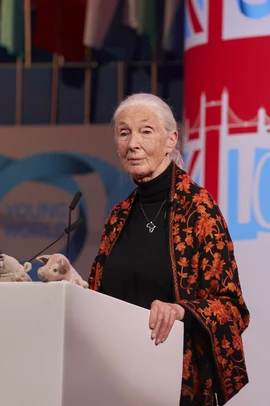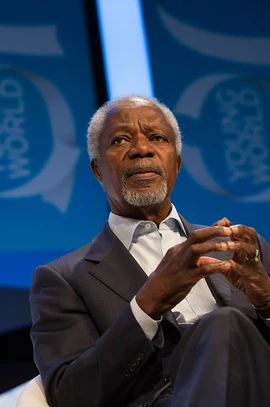Join 2,200+ young leaders from 190+ countries to spark change
Build networks, and take action on the world’s biggest challenges. The next One Young World Summit will take place in Cape Town, South Africa from 3 - 6 November 2026.
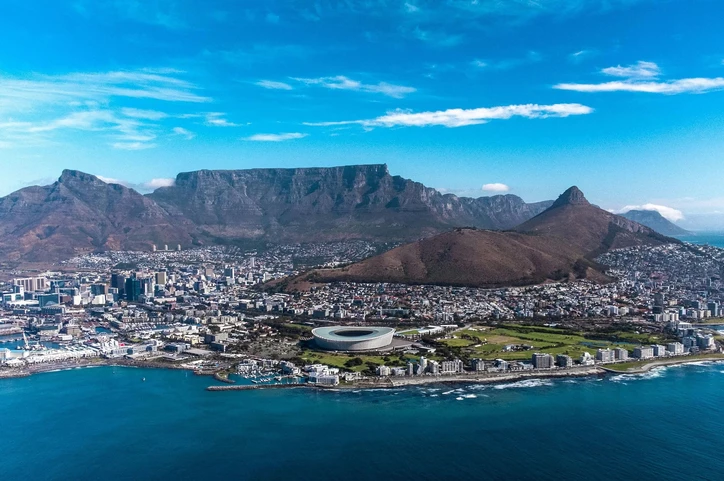
About the upcoming Summit
In November 2026, the One Young World Summit returns to Africa for the first time since Johannesburg 2013, with Cape Town set to host the Summit. Taking place as South Africa marks 50 years since the Soweto Youth Uprising, the Summit will honour this legacy and celebrate the young leaders shaping our future through innovation, entrepreneurship, and bold action.
As Africa’s most business-friendly city and a strategic gateway between emerging and developed markets, Cape Town is the ideal setting for this global gathering. Welcoming over 8 million international visitors each year and recognised as the continent’s leading destination for world-class events, the city offers a vibrant and inspiring backdrop for next-generation leadership dialogue.
With its breathtaking landscapes, rich culture, and warm hospitality rooted in Ubuntu, South Africa is ready to welcome the world.
Take a look at the highlights from our Summit in Montréal/Tiohtià:ke, Canada, 2024
Watch as young leaders from around the world gather, collaborate, and take action, turning ideas into impact across every session of the One Young World Summit.

Impact Beyond the Summit
One Young World isn’t just an event. It’s a lifelong community. Delegates graduate as One Young World Ambassadors, gaining access to:
- A global network of over 20,500 changemakers
- Continued support and visibility for their work
- Ongoing opportunities to collaborate, scale projects, and drive change
The world's biggest and most impactful youth leadership Summit.
Attend the Summit
Whether you're a young leader looking to make your mark, or an organisation ready to invest in the next generation, the One Young World Summit is a catalyst for action.
Who Attends?
Young leaders aged 18–35 who are making an impact in business, NGOs, education, healthcare, and public service.
Counsellors, who are influential leaders, visionaries, and changemakers who inspire and guide the next generation.
Partner organisations, including leading global brands and institutions, that mentor and support Delegates.
What to Expect
Dynamic discussions where young leaders drive action on climate justice, peacebuilding, equity, health, technology, and human rights
World-renowned speakers including heads of state, activists, CEOs, and thought leaders, known as One Young World Counsellors
Powerful Plenary Sessions, interactive workshops, and networking forums
For world-leaders, by world-leaders
Every young leader who attends demonstrates a proven track record of working towards building a fair and sustainable future for all.
Our Delegates are counselled by internationally renowned, impact-driven experts from big business, politics, tech, finance, international development, human rights and conservation.
We’re also joined by famous faces, using their celebrity to make a difference, who use their spotlight to shine a light on the work of our incredible young leaders.

